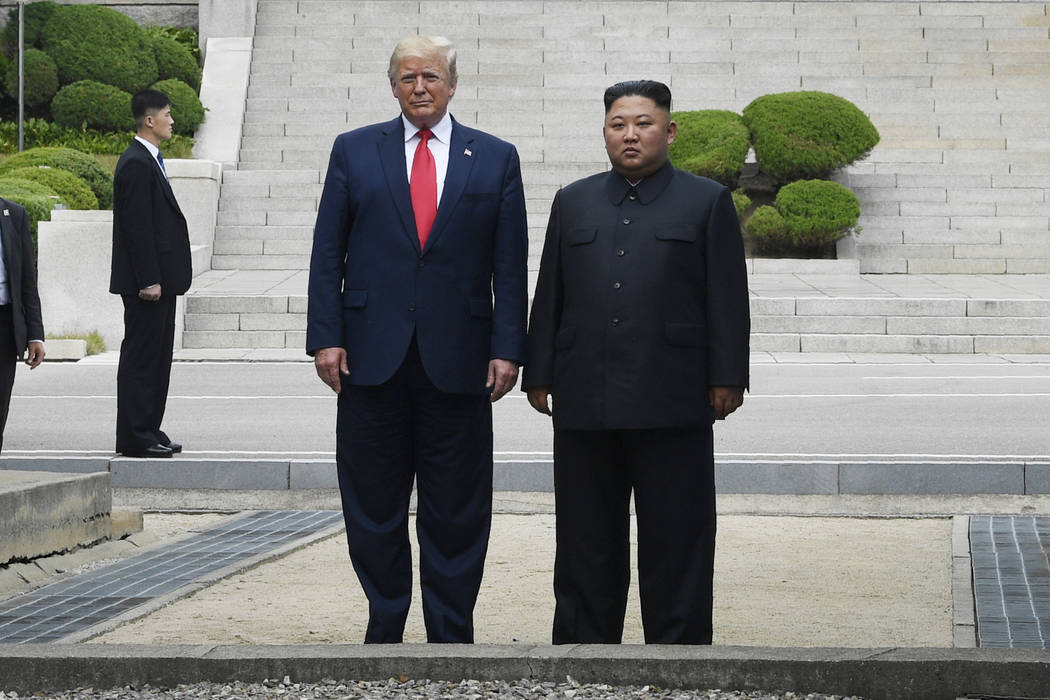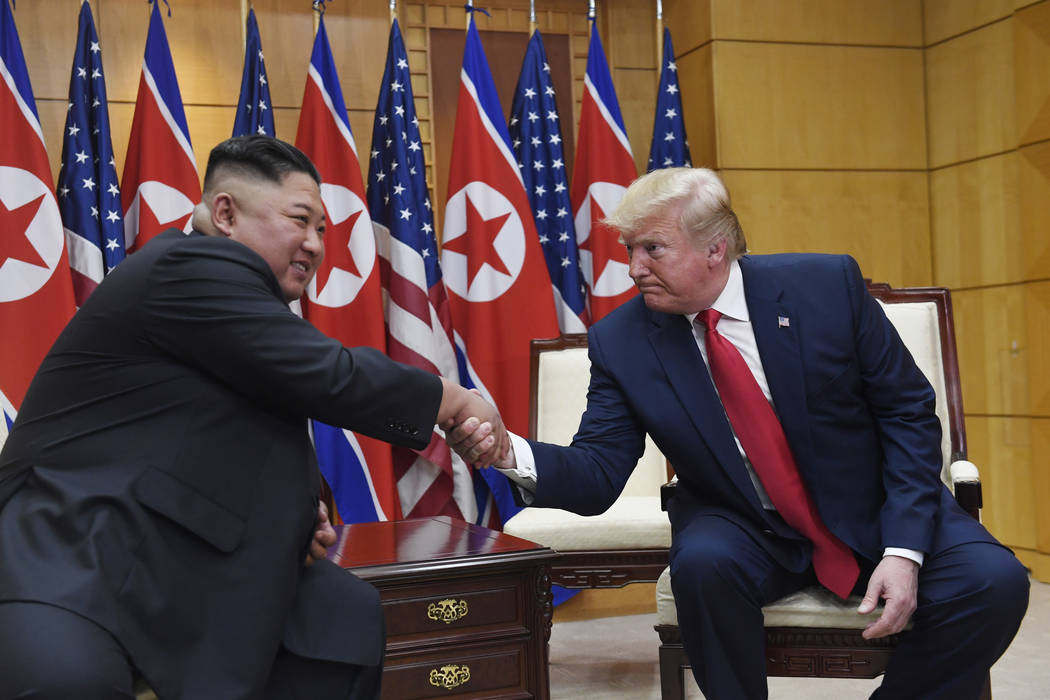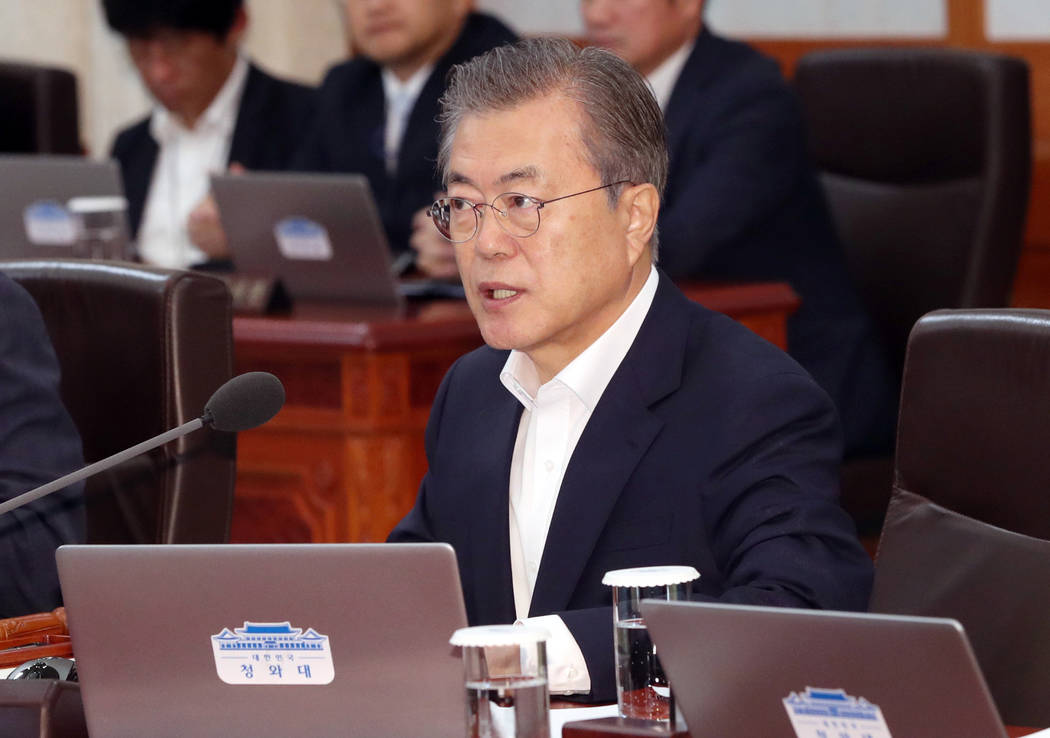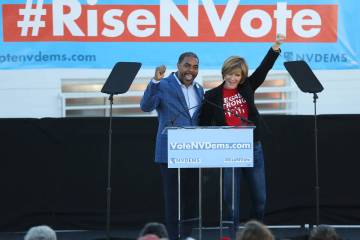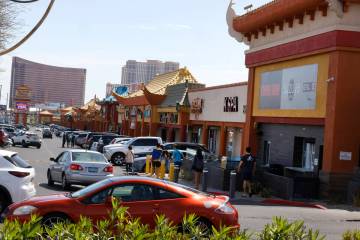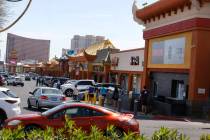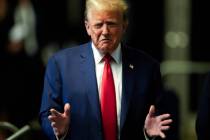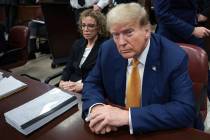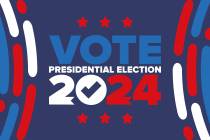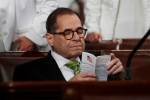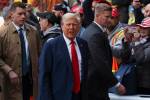Trump administration denies North Korea nuclear appeasement
WASHINGTON — Ever since Donald Trump became the first sitting U.S. president in history to step on North Korean soil, the debate has raged over what will come of the relationship between the president and Kim Jong Un.
Trump and Kim agreed to resume talks that began in June 2018 when the two world leaders met for the first time in Singapore. Trump said their meeting would culminate in “complete denuclearization” of the Korean peninsula, but that has not happened. And Trump’s approach has since been criticized as appeasement.
“The United States has accepted North Korea as a nuclear-armed state,” wrote David Santoro, senior fellow for nuclear policy at the Pacific Forum, on Twitter.
In short order, the New York Times ran a story, based on unnamed sources, that reported that a faction within the Trump administration has been pushing for a deal in which Washington would tacitly accept North Korea as a nuclear power. The Democratic People’s Republic of Korea would agree to freeze its nuclear capability in exchange for the lifting of economic sanctions, what the international community calls “a freeze for a freeze.”
But Trump officials strongly dispute that account.
National security adviser John Bolton replied on Twitter: “Neither the (National Security Council) staff nor I discussed or heard of any desire to ‘settle for a nuclear free by NK.’ This was a reprehensible attempt by someone to box in the President. There should be consequences.”
The State Department’s special envoy to North Korea, Stephen E. Biegun, also pushed back against the story with a cryptic denial of sorts.
Biegun told the New York Times, “It is pure speculation, we are not preparing any new proposals currently, the assertions in the story you are preparing are far from accurate (what is accurate is not new and what is new is not accurate). No one on our team who knows anything would speak right now anyway.”
But critics did speak.
“Now the understanding has come to people that Kim Jong Un is not going to denuclearize,” David Maxwell of the Foundation for Defense of Democracies told the Review-Journal. “What I’d really like to emphasize is that Kim Jong Un appears to be getting what he wants.”
Maxwell said it is hard to imagine Kim agreeing to a deal that is acceptable to Washington because Kim has “been masterful at getting something for nothing.”
One notable exception occurred last February during a second Trump-Kim summit in Hanoi. Kim proposed to dismantle his Yongbyon nuclear reactor in exchange for sanctions relief. Trump abruptly left the table, saying, “Sometimes you have to walk.”
Margaret Brennan of CBS News’ “Face the Nation” asked Sen. Lindsey Graham, R-S.C., if Trump should have met with Kim, given Pyongyang’s continued development of nuclear weapons and Kim’s failure to present “a serious diplomatic offer” in Hanoi.
“There’s no downside to keep trying,” Graham replied. “They haven’t exploded a bomb. They haven’t tested any ICBMs in quite a while. So I would encourage the president to keep talking. But the point is to get irreversible verifiable denuclearization of the peninsula. That’s the goal. And if Trump thinks he can do this by continuing to engage Kim Jong Un, let’s give it a try.”
Senate Minority Leader Chuck Schumer did not see the value of trying. “This was one of the worst few days in American foreign policy and American diplomatic history,” Schumer told CNN. “It’s reality-show foreign policy. He wants that photo op.”
But White House counselor Kellyanne Conway argued on “Fox & Friends” that the economic sanctions against North Korea will continue. “He walked away from what he thought was a bad deal” in Hanoi. “This man is never in a rush to make a bad deal.”
Negotiations are expected to start in a few weeks with Biegun, who was head negotiator for the Hanoi summit, leading the U.S. team.
Contact Debra J. Saunders at dsaunders@reviewjournal.com or 202-662-7391. Follow @DebraJSaunders on Twitter.
https://twitter.com/DavidSantoro1/status/1145230745377464320



